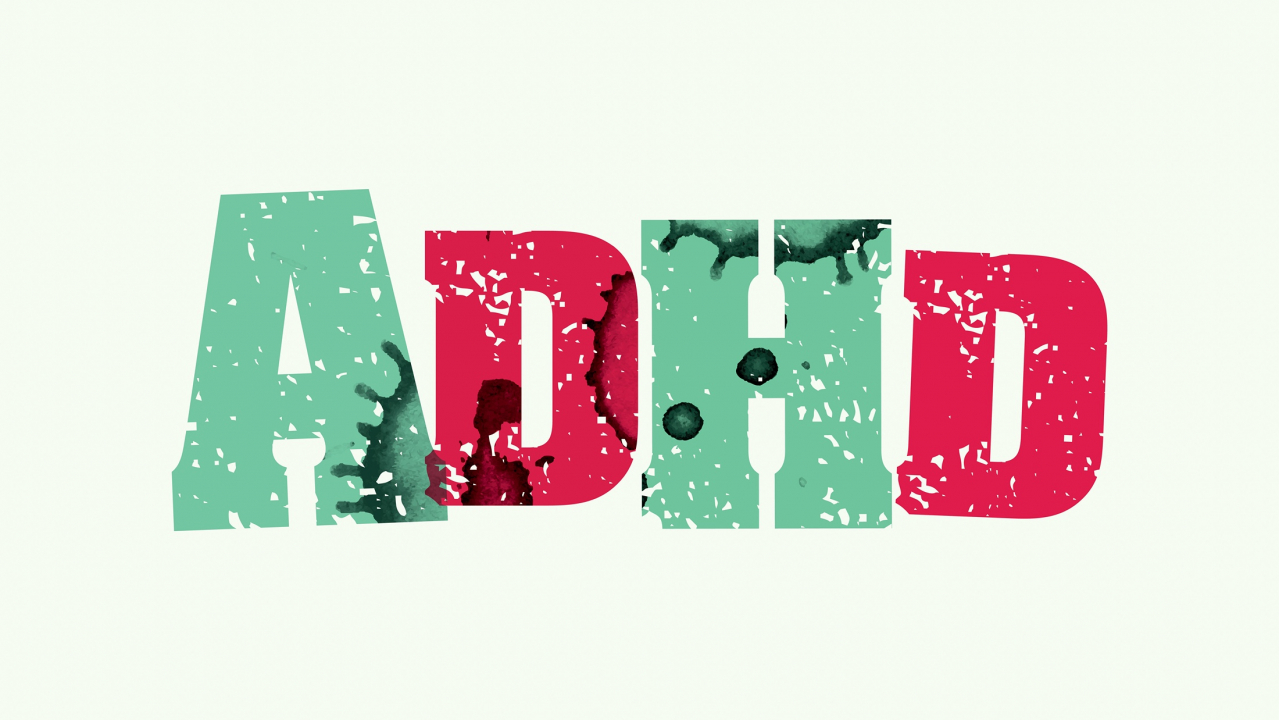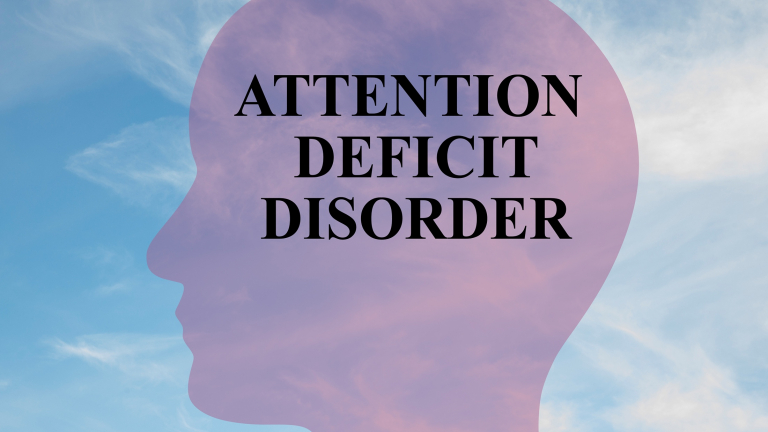ADHD symptoms are often accompanied by aggression (Sultan et al., 2021; Saylor and Amann, 2016; Bunford et al., 2015) and one manifestation of emotion dysregulation (ED) is aggression (Bunford, Evans & Langberg, 2018). Yet, only a few studies have investigated the co-occurrence of ADHD, ED, and aggression simultaneously (Slaughter et al., 2019). Considering studies where this relation was indirectly assessed, the findings of one study indicate that besides childhood ADHD symptoms and adolescent ED, parental reaction to adolescents’ negative affect was also associated with adolescents’ aggression (McQuade et al., 2021).
McQuade et al. tested the direct effects of childhood ADHD symptoms, supportive parent reactions, and non-supportive parent reactions on adolescent peer problems in a longitudinal study, and they found that children who received less parental support were more likely to exhibit more aggression with peers in adolescence, even after accounting for childhood indicators of ADHD and teenage ED (2021). In another study, boys with ADHD and high levels of aggressive CD symptoms rejected significantly more moderately unfair offers in the Ultimatum Game than any other subgroup, including boys with ADHD and high or low levels of callous and unemotional traits (Northover et al., 2015).
Considering research where the ADHD with ED and aggression relation was directly examined, although ADHD was associated with both ED and various forms of aggression including reactive, proactive, indirect, and physical aggression, ED did not mediate the association between ADHD symptoms and aggression (Murray et al., 2021).
Although not directly addressing the question, these findings indicate that ADHD, ED, and aggression are related but are mixed with regard to the extent to which ED may contribute to aggression above and beyond ADHD.
References:
Bunford, N., Evans, S. W., & Langberg, J. M. (2014). Emotion dysregulation is associated with social impairment among young adolescents with attention-deficit/hyperactivity disorder. Journal of Attention Disorders. doi:10.1177/1087054714527793.
Bunford, N., Evans, S. W., & Wymbs, F. (2015). ADHD and emotion dysregulation among children and adolescents. Clinical child and family psychology review, 18, 185-217. doi: 10.1007/s10567-015-01875. PMID: 26243645.
McQuade JD, Breaux R, Mordy AE, Taubin D. Childhood ADHD Symptoms, Parent Emotion Socialization, and Adolescent Peer Problems: Indirect Effects Through Emotion Dysregulation. J Youth Adolesc. 2021 Dec;50(12):2519-2532. doi:10.1007/s10964-021-01510-3. Epub 2021 Oct 8. PMID: 34623567.
Murray, A., Lavoie, J., Booth, T., Eisner, M., & Ribeaud, D. (2021). To what extent does emotional dysregulation account for aggression associated with ADHD symptoms? An experience sampling study. Psychiatry research, 303, 114059.
Northover C, Thapar A, Langley K, van Goozen S. Emotion Regulation in Adolescent Males with Attention-Deficit Hyperactivity Disorder: Testing the Effects of Comorbid Conduct Disorder. Brain Sci. 2015 Sep 7;5(3):369-86. doi:10.3390/brainsci5030369. PMID: 26371048; PMCID: PMC4588144.
Saylor, K. E., & Amann, B. H. (2016). Impulsive aggression as a comorbidity of attention-deficit/hyperactivity disorder in children and adolescents. Journal of child and adolescent psychopharmacology, 26(1), 19-25.
Slaughter, K.E., Leaberry, K.D., Fogleman, N.D., Rosen, P.J., 2019. Reactive and proactive aggression in children with and without ADHD and negative emotional lability. Soc. Dev. 29 (1), 320–338.
Sultan, R. S., Levin, F. R., Liu, S.-M., Hacker, K. A., & Olfson, M. (2021). Adolescents with attention-deficit/hyperactivity disorder: Adverse behaviors and comorbidity. Journal of Adolescent Health, 68, 284–291. https://doi.org/10.1016/j.jadohealth.2020.09.036.









